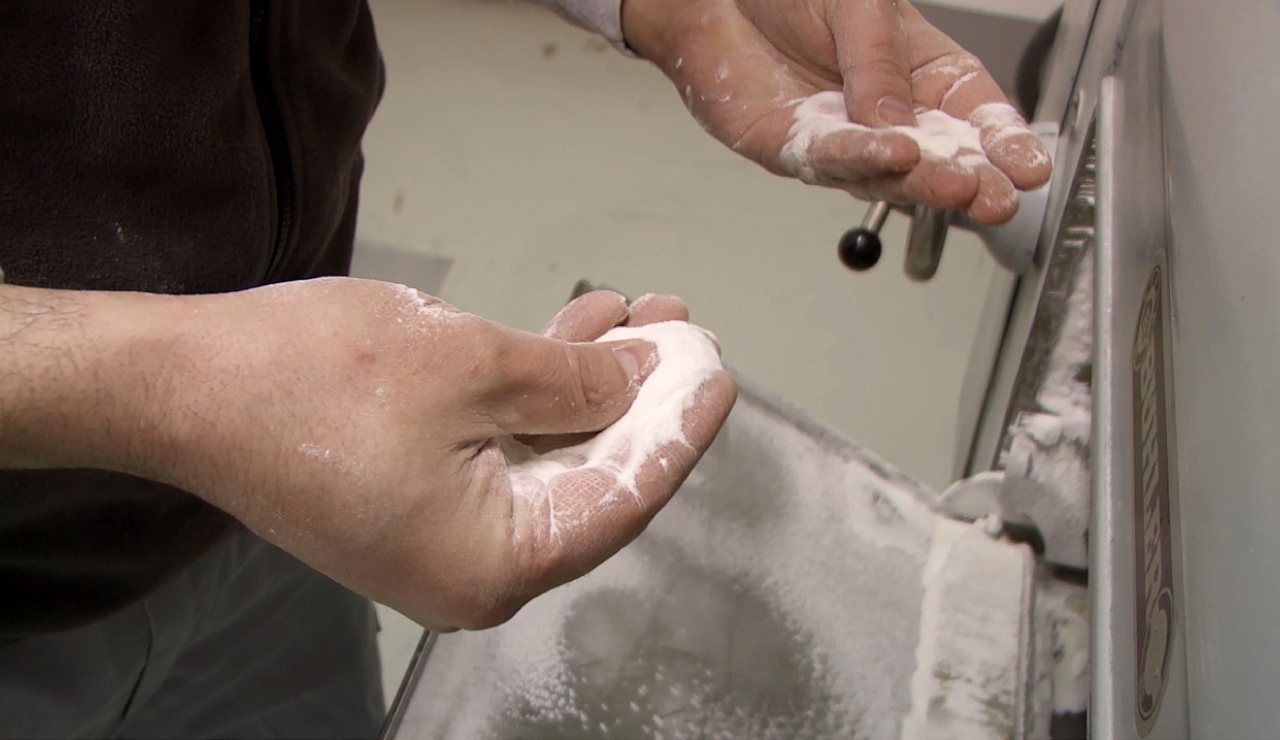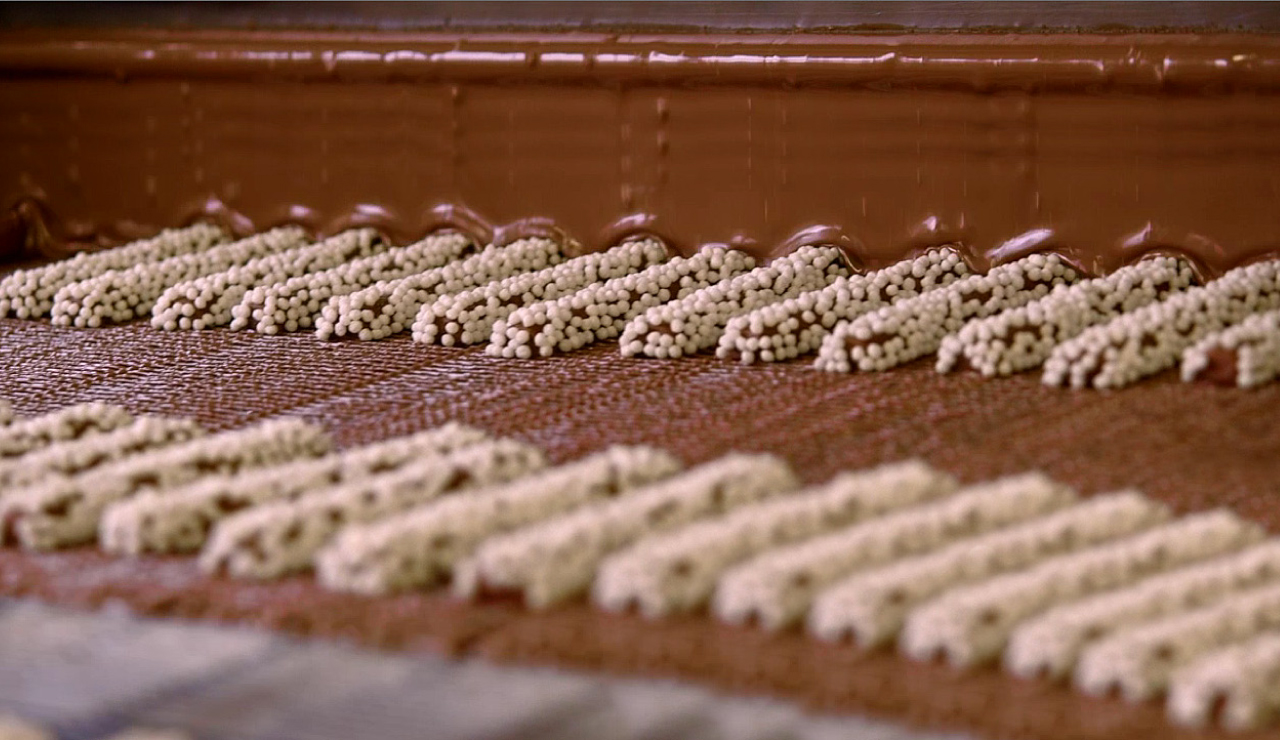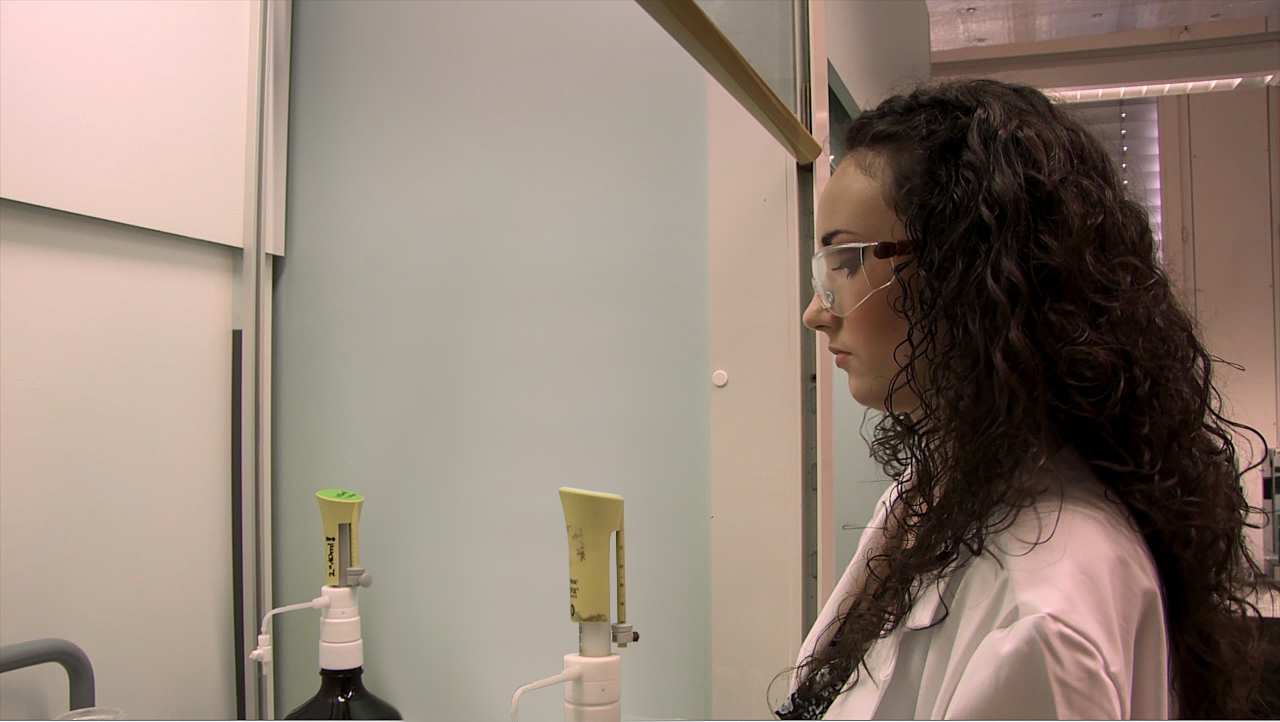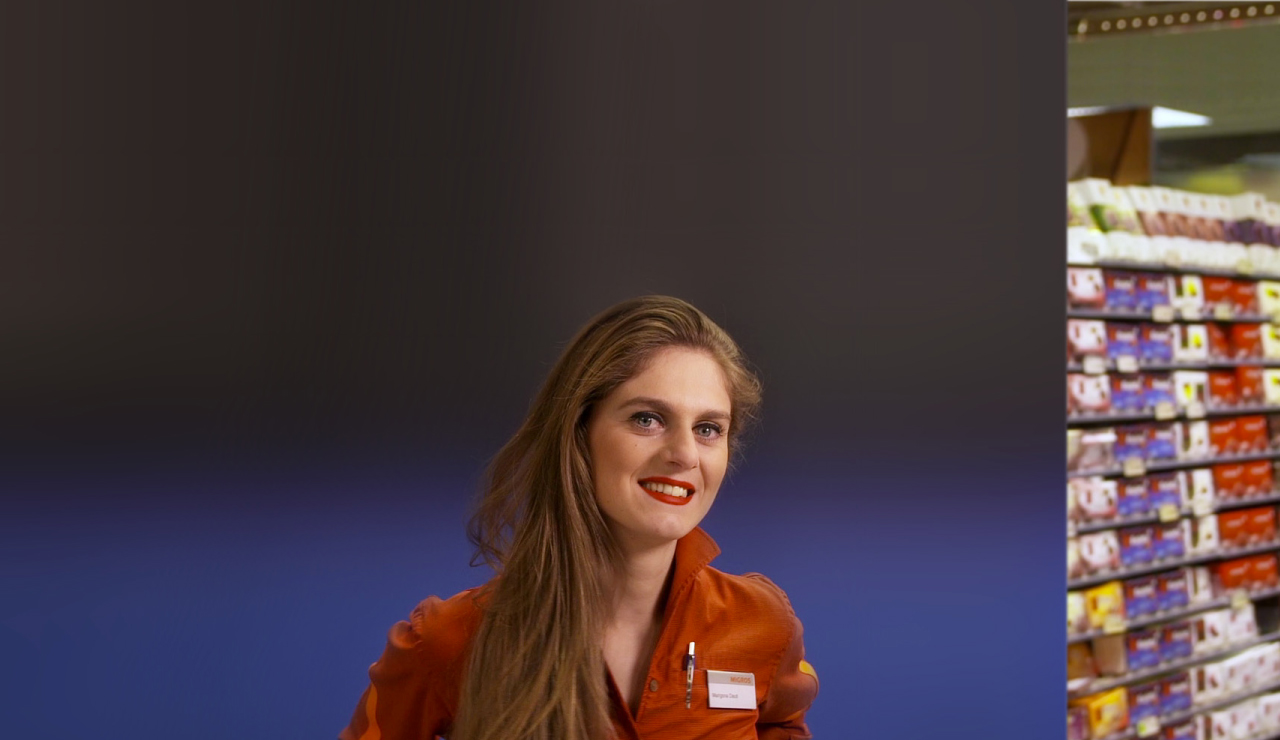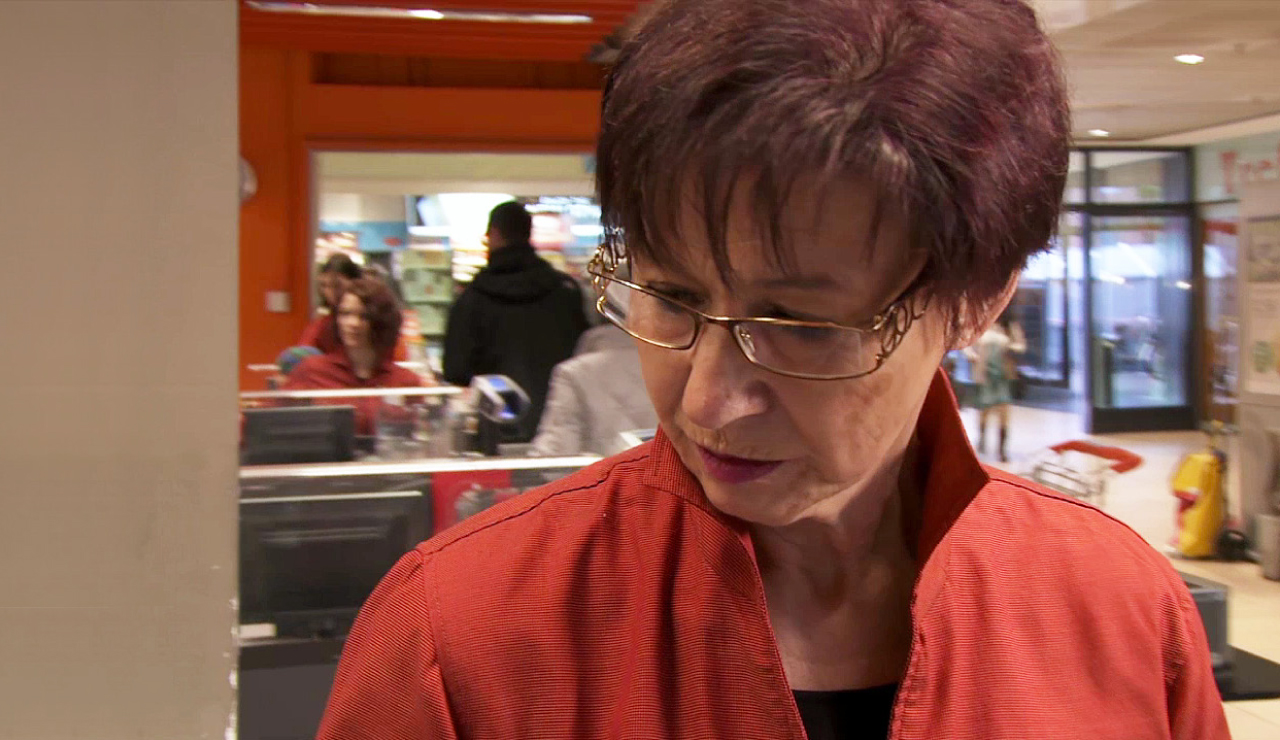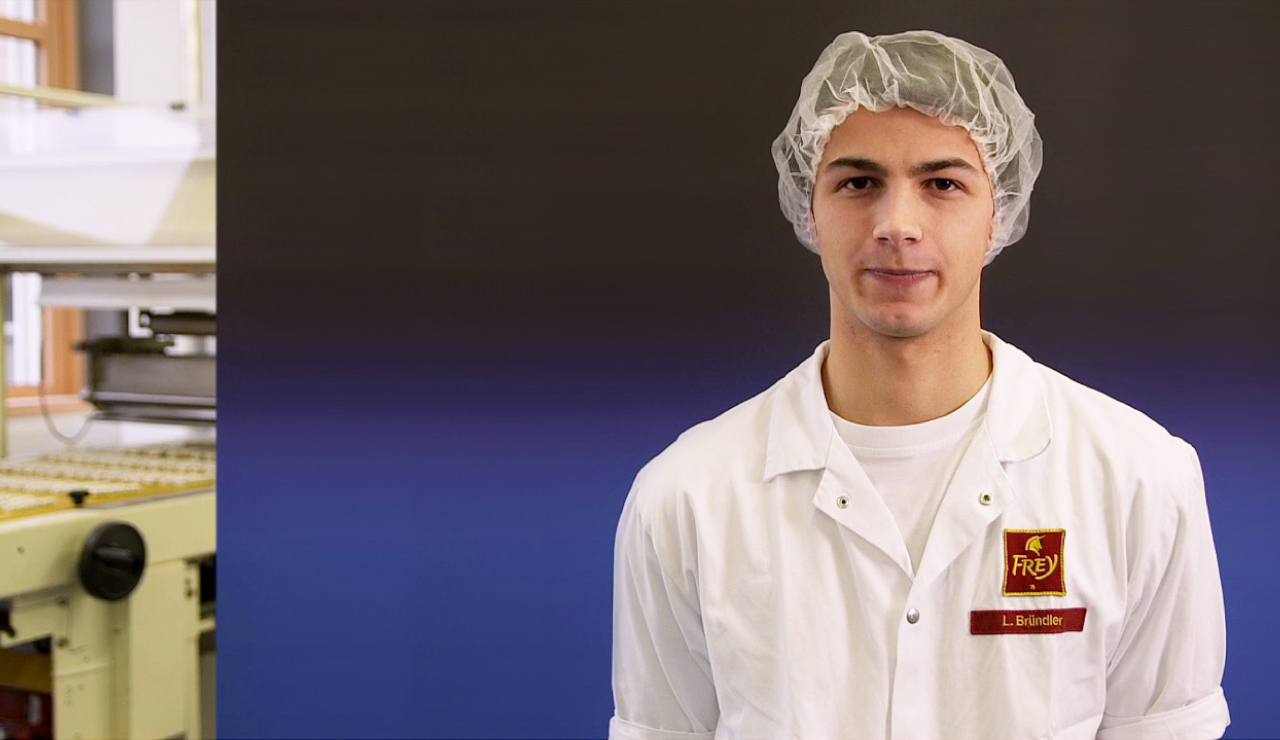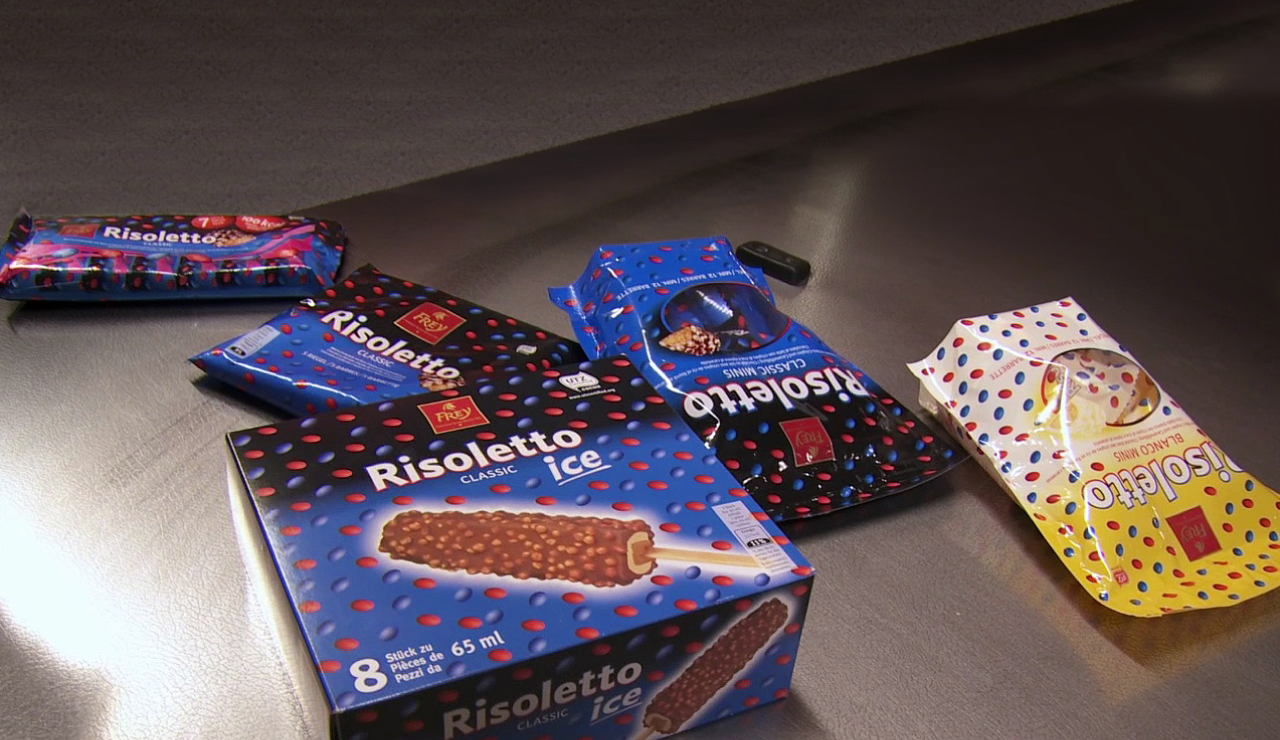Report on the Financial Situation of Migros Group
Operating Result
The operating result (EBIT before pension plan effect) of Migros Group was CHF 1'043.9 million, CHF 58.3 million or +5.9% above the previous year's figure.
In the Retail and Industry sector, the result was increased by CHF 56.2 million to CHF 801.5 million (+7.5%).
In the financial services business, the operating result improved by CHF 2.9 million to CHF 240.3 million.
Operating result of the Retail and Industry sector
| CHF million | Total operating profit before effect from pension plans | Change from previous year in % | |
| 2013 | 2012 | ||
| Cooperative Retailing | 579.9 | 565.5 | 2.5 |
| Commerce | 50.4 | 13.9 | 262.6 |
| Industry & Wholesaling | 122.3 | 125.8 | –2.8 |
| Travel | –4.0 | –25.9 | 84.6 |
| Others | 56.8 | 69.6 | –18.4 |
| Eliminations (within Retail and Industry sector) | –3.9 | –3.6 | –8.3 |
| Total Retail and Industry sector | 801.5 | 745.3 | 7.5 |
Efficiency programmes, the auditing and standardisation of processes, new structures and procedures – i.e. sustainable cost management – have a positive influence on the gross margin and the operating result of the commercial and industrial business. In addition to efficiency programmes, however, procurement management, commodity prices and exchange rates weighed on the gross margin and operating result. Efficiency gains and improvements in the procurement of goods are passed on to customers largely in the form of reduced sales prices.
The optimisation of the value chain and structures is an ongoing process. In the financial year just ended, various optimisation measures were initiated, continued and completed in the strategic business unit Cooperative Retailing.
With the «einfach besser» («Simply Better») project, for example, Migros Aare is concentrating on growth, efficiency and management, with the focus being consistently on the benefit to customers in all activities.
Self-scanning and self-checkout: The success of «subito» continues. By the end of 2013, «subito» had been installed in 92 branches. A compact version for shoppers choosing the self-checkout format and a smaller dispensing wall with scanners for the self-scanning format help make best use of the surface area in the various types of branches. This optimisation measure will see the planned number of branches rise to more than 180 by the end of 2015.
Contactless payment: In autumn 2013, contactless payment was successfully rolled out in Migros Group. This new function has been activated at all payment terminals in the Cooperatives as well as at retailers. In Switzerland, more than 1.5 million contactless credit cards have already been issued. Since the new CUMULUS MasterCard now also has this function, the number of contactless transactions will continue to rise in the near future. The proportion of such transactions performed at «subito» self-checkouts had already reached as much as 40% by the end of December 2013.
M-Infrastructure: The project to consolidate networks, workplaces and data centres at a national level focused very much on the design phase in 2013. Around 30 designs were submitted, examined and adopted in the M-Workplace. Preparations have already begun for the rollout, which is to be promoted as an independent project from 2014.
A second major issue was addressed at the same time as the associated upgrade and expansion of the physical infrastructure. An initial investment tranche of CHF 25 million was approved in September 2013 and the first consignment of hardware for the M-Workplace was delivered as early as November 2013. As part of this first wave of investment, significant savings were achieved in the procurement of some software solutions, thanks to the new national negotiating mandate.
Organisational preparations for the operating phase represent a third major subject area. The most important operating processes have been designed to meet the international standard (ITIL). Operating software for the service desk and computer centre has been evaluated or has already been launched, in collaboration with the Cooperatives. At the same time, new staff have been recruited and integrated. Wherever possible, preference was given to existing Migros employees.
Avanta: With the launch of the «Avanta» project, Migros is pressing ahead with efforts to combine in-store and online business. The system that has been evaluated is not a point-of-sale solution in the traditional sense but a «point-of-purchase» solution, which, in addition to focusing on points of sale, also ensures a link to all other sales channels such as mobile devices and the internet. The new system will enable payments and scanning using mobile devices, and even the electronic redemption of vouchers. It replaces the current «Visualstore» solution, a point-of-sale system which is now 15 years old, and will also improve current point-of-sale processes for in-store business, both for customers and staff.
Migros Verteilzentrum Suhr AG (MVS) further increased productivity in its central merchandise management business in 2013. Accordingly, the automated food order-picking system is also being used to process the range of pet supplies. For Christmas 2013, the distribution centre picked and prepared the different gift baskets for Migros for the first time. The other area of business of Migros Verteilzentrum Suhr AG, i.e. low volume logistics for migrolino AG, also recorded improved volumes and efficiency. A project aimed at partially automating this business, which to date has been processed in a traditional manner, was launched (commissioning scheduled for 2015).
In August 2013, Migros connected Switzerland's most powerful solar power station to the public electricity grid. The facility, located on the roofs of Migros-Verteilbetrieb Neuendorf AG (MVN), produces electricity for around 1'300 households and marks an important step towards different energy sources. A number of automation projects, such as the fully automated order-picking system in the Deep Frozen range, or the facility for small parts logistics (KTL II) for the Near-/Non-Food ranges, were also commissioned at MVN. The new crane-served high-bay racking warehouse was completed on time at the end of 2013 and will be filled in the first quarter of 2014.
The companies of the other strategic business units are also working continuously on the improvement of processes: in 2013, M-Industry provided effective support to the Migros Retailing segment in expanding its position as the leader in the area of price/performance. With innovations such as Café Royal, Blévita-Sandwiches, Total One 4 all from Mibelle or Adoro from Chocolat Frey, M-Industry consistently surprised customers during the reporting year. Thanks to its own industrial operations, sustainability issues can be addressed credibly at Migros and implemented consistently along the value chain.
Procurement management as a key corporate function designed to safeguard leadership in terms of price and performance: procurement management failed to benefit significantly from either commodities or currencies in 2013. Underlying effects were also instrumental in the reduced level of procurement savings in 2012: in the case of online tendering and procurement via our buying alliance AMS, many products have now reached a price floor. Procurement at source, a further important pillar of our procurement management, was supplemented by a newly established liaison office in Gurgaon (India) in 2013. The three procurement offices (with Hong Kong and Shanghai) not only guarantee lower procurement costs but also transparency in the value chain, which is becoming increasingly important in terms of sustainability and decent working conditions.
Commodity prices display a very mixed picture. On the one hand, some prices such as coffee, tea, cooking oils and individual grains have eased. On the other hand, the wet weather during spring and poor harvests have caused the price of fruit and vegetables to rise. The impact of the increasing changeover to sustainable commodities is also driving prices (e.g. UTZ label on coffee, tea and rice).
During the reporting year, exchange rate developments had a minor impact on the Retail and Industry sector.
Migros continues to shift its transport operations to environmentally friendly rail. Having recently signed a three-year framework agreement for 2014 to 2016, SBB Cargo will remain Migros' preferred strategic partner, both in wagonload and combined transport. As far as procurement from the Far East is concerned, Migros continually reviews new and promising transport options (e.g. southern ports vs. northern ports, overland route via Kazakhstan). Moreover, under Migros Exchange Equipment Management, the approximately 8.5 million reusable containers will be equipped with an RFID label by the end of 2016, thereby further improving logistics processes.
Thanks to rigorous procurement management and process optimisation measures, as well as the acquisition of tegut... Group, gross profit was grown by CHF 613.3 million to CHF 10.3 billion (+6.3%). In addition to salary rises of between 0.5% and 1.0%, the increase in personnel expenses by CHF 258.6 million to CHF 5.1 billion is mainly due to the incorporation of tegut... Group. This is also true for other operating expenses, which increased by CHF 270.6 million to CHF 3.2 billion. In addition to normal investing activities, the increase of CHF 27.9 million in depreciation and amortisation to CHF 1.2 billion was also due to impairments.
Overall, the operating result for the Retail and Industry sector was increased by CHF 56.2 million to CHF 801.5 million. Improvements in results were recorded, in particular, by the Commerce and Travel strategic business units. The decline in the Others segment is due to the gains on sales made by Liegenschaften-Betrieb AG included in the previous year.
Operating result of the Financial Services sector
The Financial Services sector generated income from financial services business totalling CHF 891.1 million with costs of CHF 331.6 million. Net income from financial services business increased from CHF 555.5 million to CHF 559.5 million, due to higher commission income (see Note 8 of Migros Group financial statements).
Net income from interest margin business remains the most important component in the financial services business. Approximately 85% of income was generated in this sector during 2013. The sustained low level of interest rates means that the interest margin was reduced slightly. Net interest income therefore saw a fall of 0.6% on the previous year.
Income from the commission business benefited from the higher volumes in securities business, increasing by 9.3% against the previous year's result.
Income from other financial investments and foreign currency and money transmission business fell from CHF 35.7 million to CHF 35.5 million on account of smaller transaction volumes.
Thanks to improved IT support, staffing levels decreased by 21 from the previous year to 1'354 employees. Personnel expenses, on the other hand, increased by 0.5% to CHF 175.8 million, as a result of wage adjustments.
Migros Bank also made investments in its IT platform in 2013. Depreciation and other operating expenses were therefore increased from CHF 148.7 million to CHF 150.7 million.



